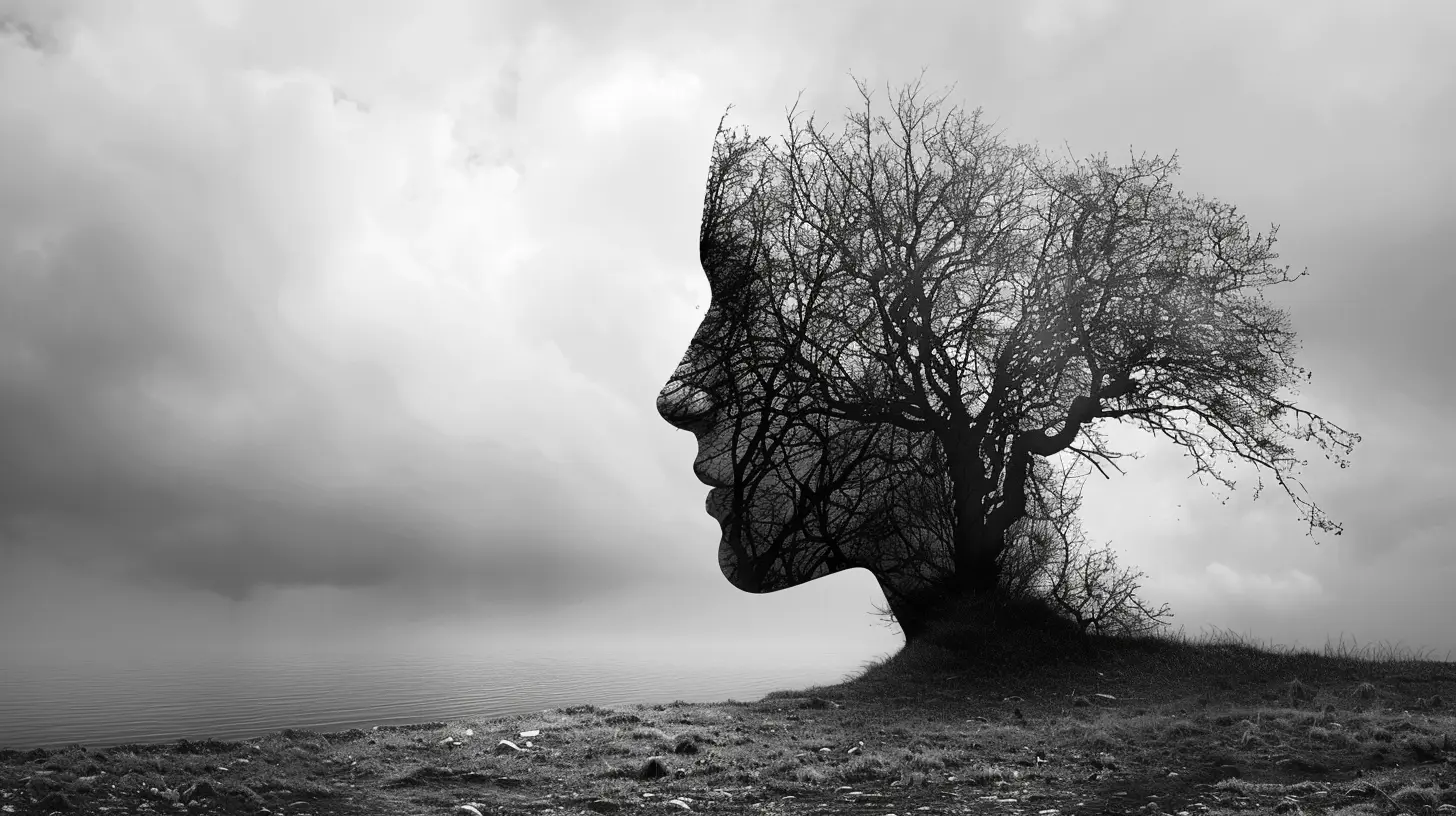Understanding the Stigma: Why Mental Illness Is Still Misunderstood
8 November 2025
Mental illness has been around for as long as humans have existed, yet somehow, it still feels like an unsolved mystery to many people. Despite all the research, awareness campaigns, and personal testimonies, society continues to tiptoe around the subject like it's some sort of forbidden topic.
But why? Why is mental illness still misunderstood, and why do people wrestle with the stigma surrounding it? Let's dig into this issue and uncover why mental health remains a topic that people either whisper about or completely ignore.

The Stubborn Stigma: Why Are People Still Judging?
Picture this: You wake up feeling awful, your head is pounding, and you can't even drag yourself out of bed. If it's the flu, your friends and family rush to take care of you. But if it's depression? Suddenly, you're told to "suck it up" or "just think positive."Mental illness often isn't seen as "real" illness, even though science has proven otherwise. People still associate it with weakness, drama, or even attention-seeking behavior. But why?
1. Lack of Education and Awareness
One of the biggest reasons mental illness remains misunderstood is because a lot of people simply don’t know enough about it. Schools teach us how to solve math equations and write essays, but rarely do they deep dive into mental health. Unless someone has personally dealt with it or had a close loved one struggle, they may not truly understand what mental illness is—or isn’t.2. Old-School Beliefs Die Hard
For decades (even centuries), mental health issues were considered something to hide. In some cultures, they were labeled as a curse, a punishment, or even a sign of possession (seriously, people used to think mentally ill individuals were literally possessed by demons!). These outdated beliefs may seem ridiculous now, but they’ve left deep scars on how people view mental illness today.3. Media Misrepresentation
Think about how movies and TV shows often depict mental illness. Either the person with a mental health condition is shown as "crazy," dangerous, or completely unstable, or their struggles are romanticized in a way that makes it seem like being depressed is somehow poetic. Spoiler alert: it’s not.When the media keeps reinforcing these exaggerated (and often harmful) portrayals, it’s no wonder people view mental illness through a distorted lens.

The Fear Factor: Why Do People Avoid Talking About It?
Let's be real—mental health conversations can be uncomfortable. We live in a world where people are afraid of saying the wrong thing or appearing weak.But here’s the irony: avoiding the conversation only makes things worse. When mental illness is treated like a shameful secret, those who suffer from it feel even more isolated and misunderstood.
1. Fear of Being Judged
Nobody wants to be labeled as "crazy" or "broken." Because mental health struggles aren’t as visible as physical illnesses, people fear being judged if they open up about their issues.2. The "Just Get Over It" Mentality
Unlike a broken leg, which has a clear healing process, mental illnesses are complex and unpredictable. People who don't understand often assume that overcoming depression or anxiety is as simple as "cheering up" or "thinking positive thoughts." (Spoiler alert: if it were that easy, don’t you think people would do it?)3. It Challenges the Status Quo
Talking about mental health means accepting that it’s a real issue—and not everyone is ready to do that. Admitting that mental health struggles exist forces people to reconsider their long-held beliefs about emotions, strength, and resilience.
Breaking the Stigma: How Can We Change the Narrative?
Okay, so we’ve identified the problem. Now, let’s talk about solutions. Mental illness doesn’t have to be a taboo subject, and the more we talk about it, the faster we can break the stigma.1. Educate Yourself (And Others!)
Knowledge is power, and the more we learn about mental health, the better equipped we are to challenge misconceptions. Read books, watch documentaries, listen to real people's experiences—whatever it takes to replace myths with facts.And don’t stop there. Share what you learn with friends, family, and anyone willing to listen. Small conversations can make a big difference.
2. Challenge Stereotypes
If you hear someone making an ignorant comment about mental illness, speak up. Correcting misinformation might be uncomfortable, but it helps dismantle harmful beliefs.For example, if someone says, "People with anxiety are just overreacting," kindly remind them that anxiety disorders are medical conditions, not personality traits.
3. Encourage Open Conversations
One of the most powerful ways to reduce stigma is simply talking about mental health like it’s normal—because it is. The more we treat it like any other health issue, the faster it becomes socially accepted.4. Support Those Struggling
If someone confides in you about their mental health struggles, listen without judgment. Let them know you’re there for them, and avoid giving unsolicited advice like, “Have you tried yoga?” (Spoiler alert: yoga is great, but it’s not a cure for clinical depression.)5. Seek Help Without Shame
If you’re struggling, remember that seeking help is not a sign of weakness—it’s a sign of strength. Therapy, medication, and self-care are all legitimate ways to manage mental health, just like you’d treat any other medical condition.
Final Thoughts: It's Time to Change the Conversation
Mental illness is real, and so is the stigma that surrounds it. But here’s the good news—stigma isn’t permanent. The more we educate ourselves, challenge misconceptions, and encourage open dialogue, the closer we get to a world where mental health is treated with the same respect as physical health.So, let’s start today. Let’s be the generation that refuses to let mental illness be misunderstood any longer. Who's with me?
all images in this post were generated using AI tools
Category:
Mental IllnessAuthor:

Gloria McVicar
Discussion
rate this article
1 comments
Casey Lewis
This article effectively highlights the persistent stigma surrounding mental illness, emphasizing societal misconceptions and the need for education to foster understanding. Breaking down these barriers is crucial for promoting mental health awareness.
November 14, 2025 at 4:07 AM

Gloria McVicar
Thank you for your insightful comment! I'm glad you found the article highlights the importance of education in addressing the stigma surrounding mental illness.


